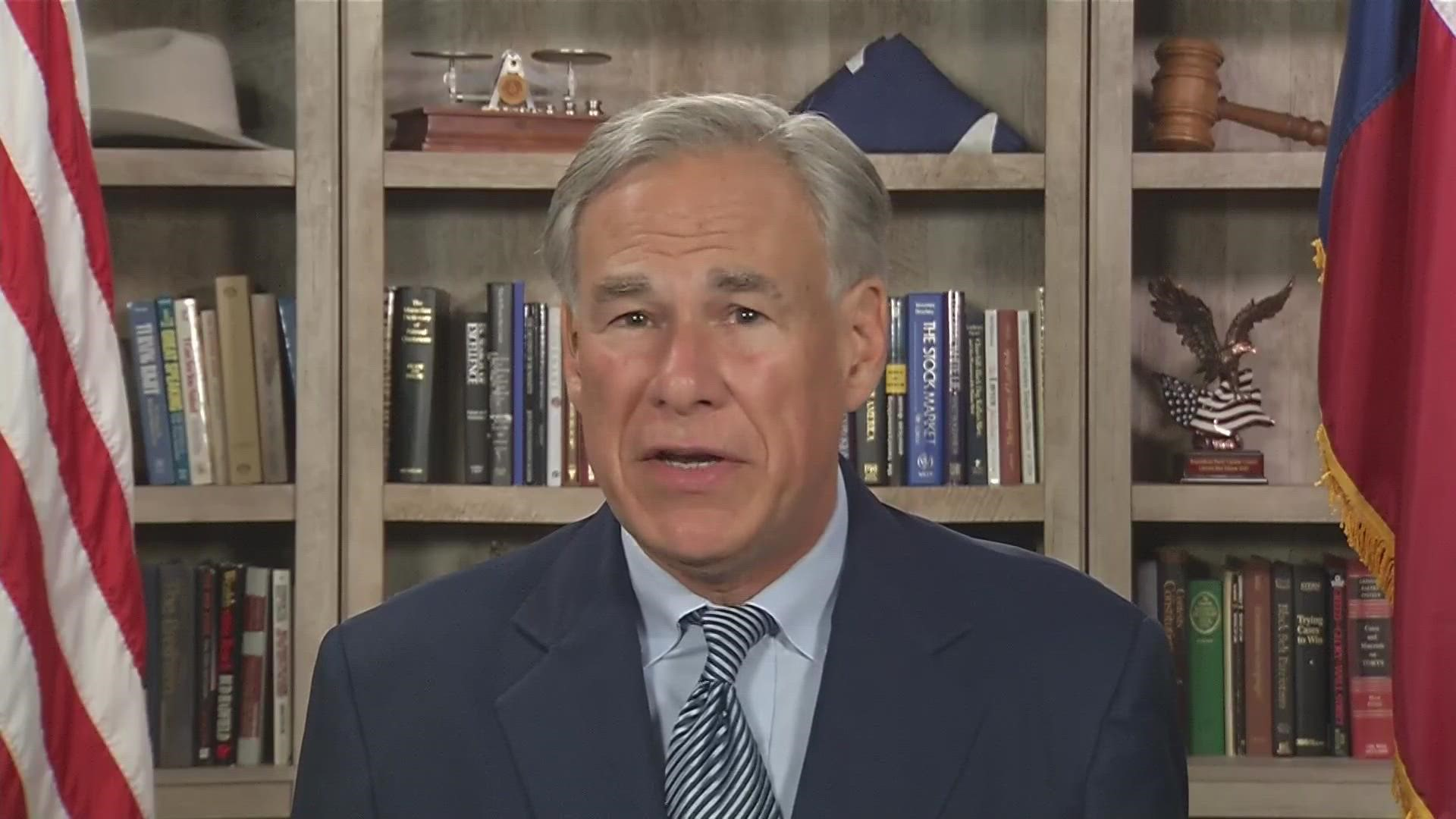Texas Governor Greg Abbott said he would “impose a 100% tariff on anyone moving to Texas from NYC,” a declaration posted on X on the eve of New York City’s mayoral election that instantly drew scrutiny over feasibility and legality and underscored the national political stakes attached to the race. Abbott’s message, issued Monday night without elaboration, appeared to be timed to potential migration chatter tied to the outcome in New York, where Democratic socialist Zohran Mamdani is the frontrunner against independent candidate Andrew Cuomo and Republican Curtis Sliwa. The Texas governor’s statement was explicit and unqualified: “After the polls close tomorrow night, I will impose a 100% tariff on anyone moving to Texas from NYC.”
Abbott did not specify what the “tariff” would cover, how it would be assessed, or the legal authority under which a state could apply any levy on individuals relocating from another state. Tariffs in U.S. practice are taxes on goods, usually imposed at national borders, and they sit within the authority of the federal government rather than the states. Legal experts and reporters quickly pointed to the constitutional right to interstate travel and the limits on state power to burden newcomers with discriminatory treatment, issues repeatedly affirmed in Supreme Court case law. In Saenz v. Roe (1999), the Court described the right to travel as including the right to enter and leave another state and, crucially for new residents, the right “to be treated like other citizens of that State.” That framework has repeatedly been invoked to strike down state measures that penalise new arrivals or impede cross-border movement.
The governor’s post landed amid heightened national attention on New York’s mayoral contest. Donald Trump, who has publicly weighed in on the race, warned this week that if Mamdani wins, his administration would move to reduce federal funding to the city to the minimum legally required. His comments added federal pressure and a partisan edge to what is ordinarily a municipal contest. Mamdani, 33, has led in recent polling after securing the Democratic nomination and has faced vigorous opposition from Republicans and some moderates who argue his platform would prompt high-earner flight; supporters contend his plans aim at affordability and public safety through different priorities. Trump’s threat to curtail federal money and the framing of Mamdani as “communist” escalated the rhetoric around the vote; legal analysts have noted that the power of the purse largely resides with Congress and that presidents face substantial constraints in unilaterally choking off funds to a city.
Abbott, a Republican in his third term, has frequently linked migration—both across the U.S. border and between states—to broader ideological clashes with blue states and cities. But the notion of a “tariff” on people moving from New York City to Texas is not supported by any known state power. The Supreme Court’s right-to-travel jurisprudence has blocked states from erecting barriers or penalties on entering residents, a line running from Edwards v. California (1941) through Saenz v. Roe, and more recently informing federal court rulings that states cannot criminalise or punish assistance for residents travelling to other states to obtain services legal there. This year, a federal judge in Alabama barred prosecutions of people who help residents travel out of state for abortions, citing the constitutional right to travel and free-speech protections—illustrating the federal courts’ ongoing willingness to police state actions that burden interstate movement.
